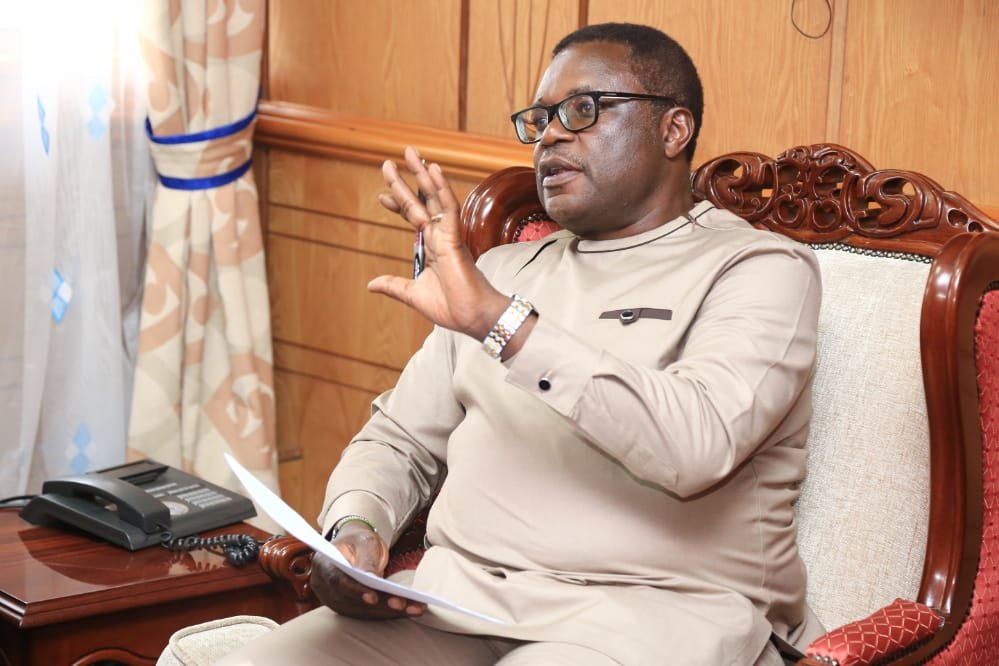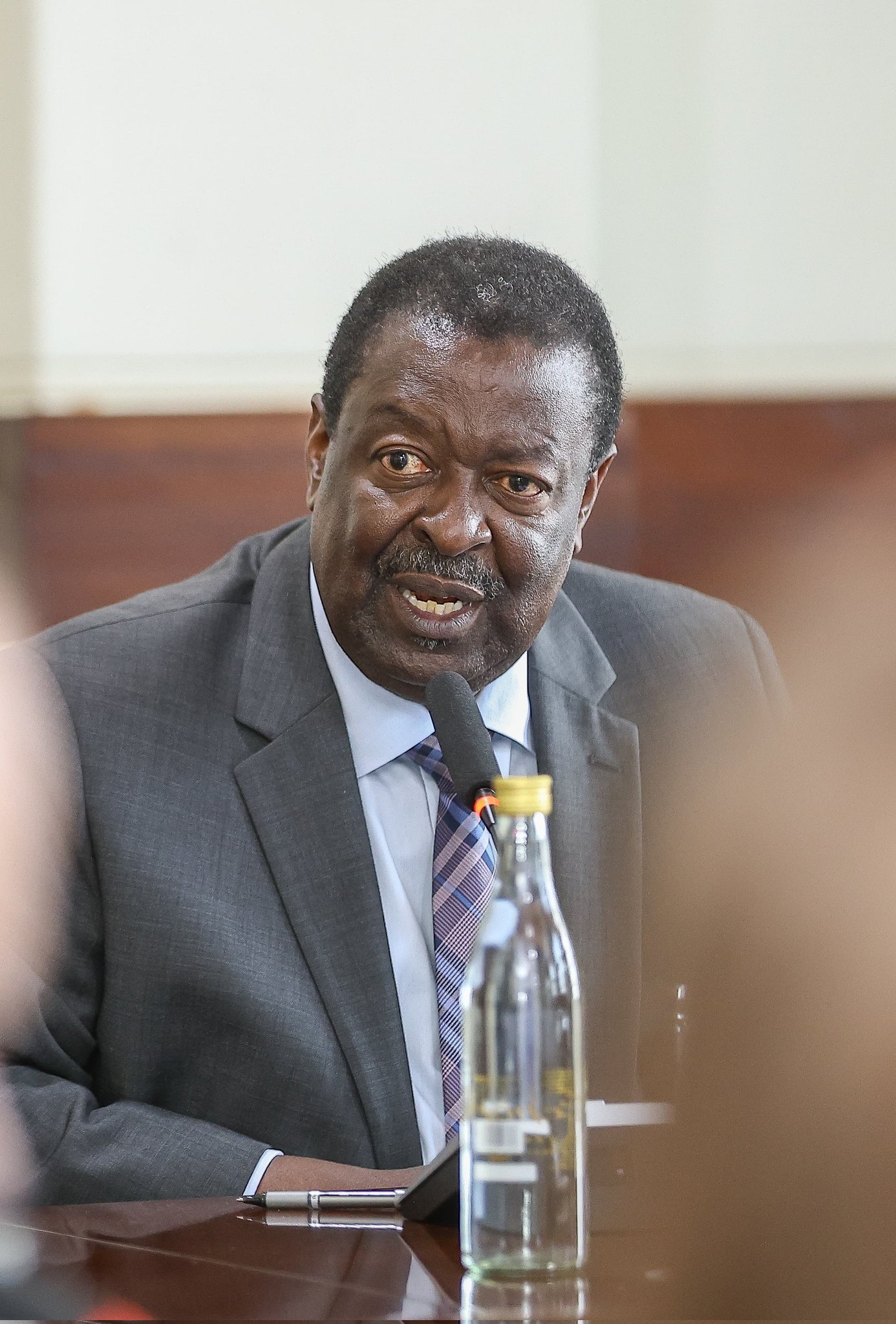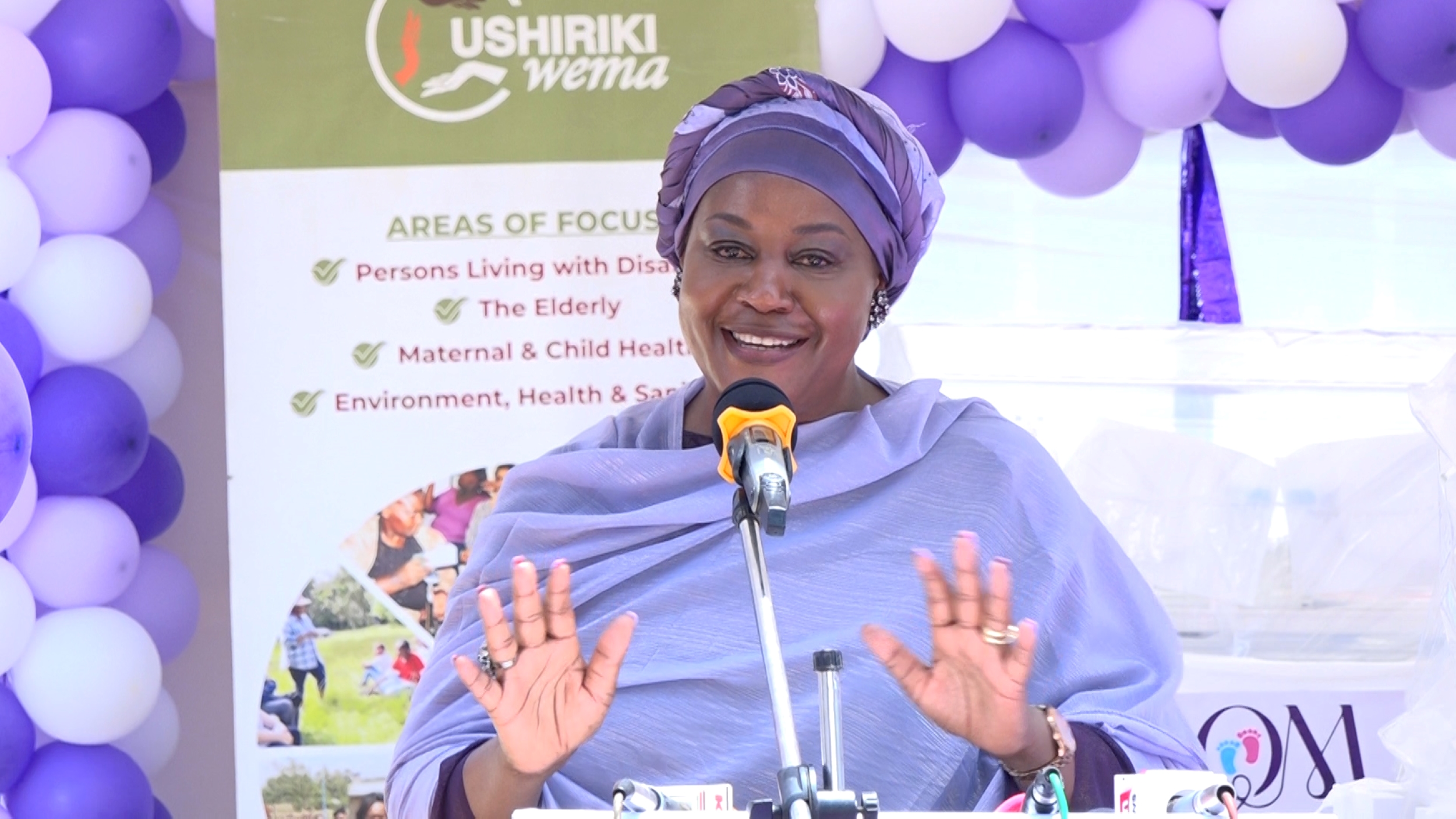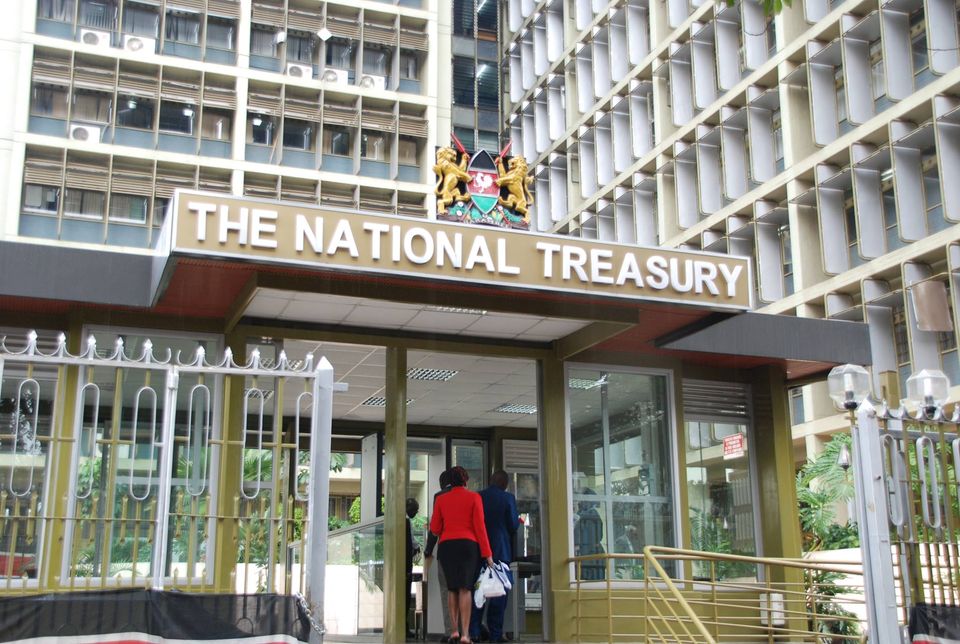‘Stop the hypocrisy on SHIF’: Governor Lusaka to MPs! Bungoma Governor Kenneth Lusaka has called out Members of Parliament (MPs) for what he termed as double standards regarding the newly implemented Social Health Insurance Scheme. Speaking at Chwele, Lusaka expressed disappointment at MPs who publicly criticized the scheme after approving it in Parliament.
Criticism of MPs’ Conduct
Governor Lusaka criticized MPs for their dishonesty, accusing them of undermining the very system they had a hand in passing. He pointed out that these lawmakers are now using funerals and public forums to attack the scheme despite having supported its implementation in Parliament.
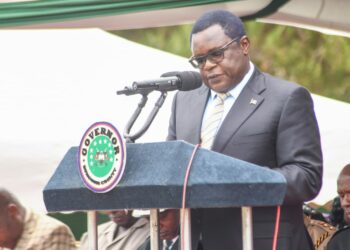
“It is very hypocritical that the same leaders who approved the medical scheme are now claiming it is unworkable,” Lusaka stated, emphasizing that such behavior erodes public trust in the legislative process.
Call for Educating the Public
Lusaka urged MPs to use their platforms constructively by educating citizens about the benefits of the new medical insurance system, particularly those in rural areas who may not fully understand its significance. He argued that elected leaders have a responsibility to clarify how the scheme works instead of spreading misinformation.
“Instead of creating unnecessary panic, lawmakers should focus on explaining the importance of this initiative to less-educated citizens,” Lusaka said.
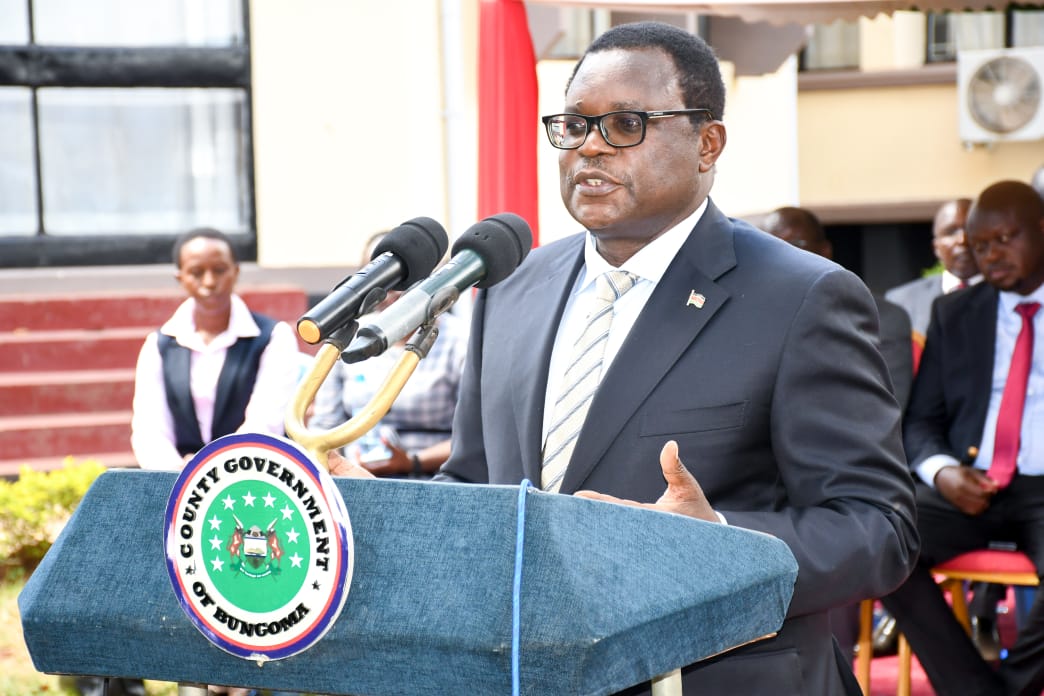
Healthcare Costs and the Need for Insurance
The governor underscored the importance of the new insurance scheme, noting that healthcare costs are prohibitively high for many Kenyan families. He encouraged residents of Bungoma County to enroll in the program, emphasizing that it provides a lifeline for those who cannot afford out-of-pocket medical expenses.
“Without insurance, the financial burden of accessing healthcare can devastate families. This scheme is an essential tool for ensuring equitable healthcare access,” Lusaka noted.
Concerns About Regional Disparities
Lusaka expressed concern over the low uptake of the medical insurance scheme in the Western region, contrasting it with higher registration rates in areas like Central Kenya. He urged local leaders to rally their communities to embrace the initiative, highlighting the need for equitable healthcare access across all regions.
“We must encourage our people to register and make use of this system, or we risk falling behind in health outcomes compared to other regions,” he said.

Urging MPs to Address Issues in Parliament
Governor Lusaka also called on MPs to address any challenges with the scheme through the appropriate legislative channels rather than resorting to public criticism. He emphasized that Parliament is the ideal forum for refining the legislation and resolving any operational shortcomings.
“If there are issues with the scheme, let Parliament amend it. Criticizing it in public only adds confusion,” he asserted.
Legislative Background of the Health Insurance Scheme
The Social Health Insurance Act 2023 is part of a comprehensive legislative framework aimed at transforming Kenya’s healthcare financing. The law is one of four bills—alongside the Primary Health Care Bill, Facility Improvement Financing Bill, and Digital Health Bill—passed by Parliament and signed into law by President William Ruto on October 17, 2023.
This new framework replaces the defunct National Health Insurance Fund (NHIF), addressing its past inefficiencies while broadening the scope of healthcare coverage. The legislation seeks to ensure more Kenyans have access to affordable, quality healthcare services.
A Unified Approach to Healthcare Reform
Governor Lusaka called on all stakeholders, including MPs, county leaders, and community representatives, to collaborate in ensuring the success of the new health insurance scheme. He stressed the need for truthful communication and unity in addressing public concerns.
“Leaders must avoid misleading constituents for political gain and instead work together to ensure the scheme’s success,” Lusaka concluded.
Looking Ahead
The Social Health Insurance Act 2023 represents a significant step toward achieving universal healthcare in Kenya. While challenges remain in its implementation, Governor Lusaka’s call for accountability and collaboration serves as a reminder of the shared responsibility in building a healthier nation. With sustained efforts, the initiative has the potential to transform healthcare access and outcomes for millions of Kenyans.

